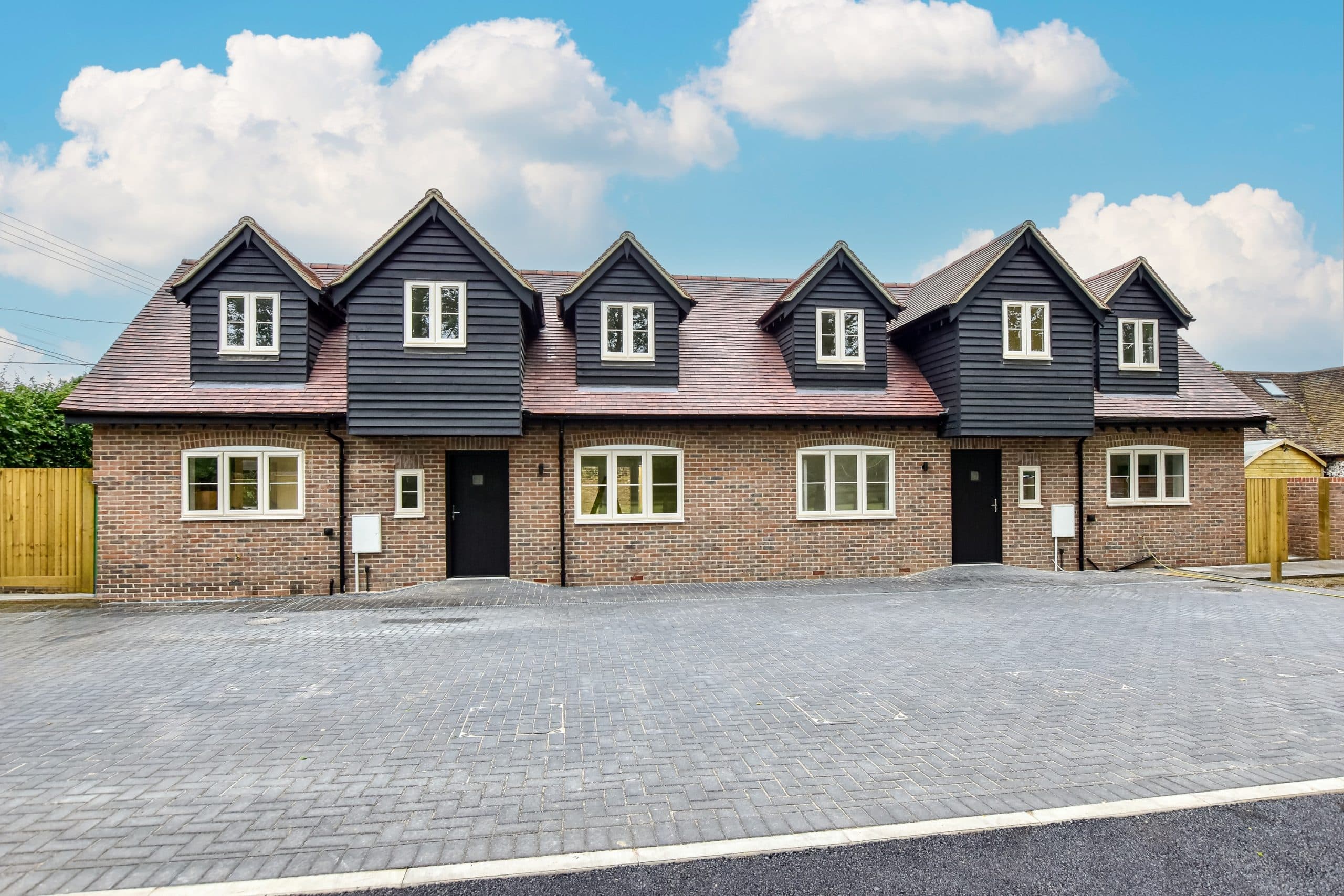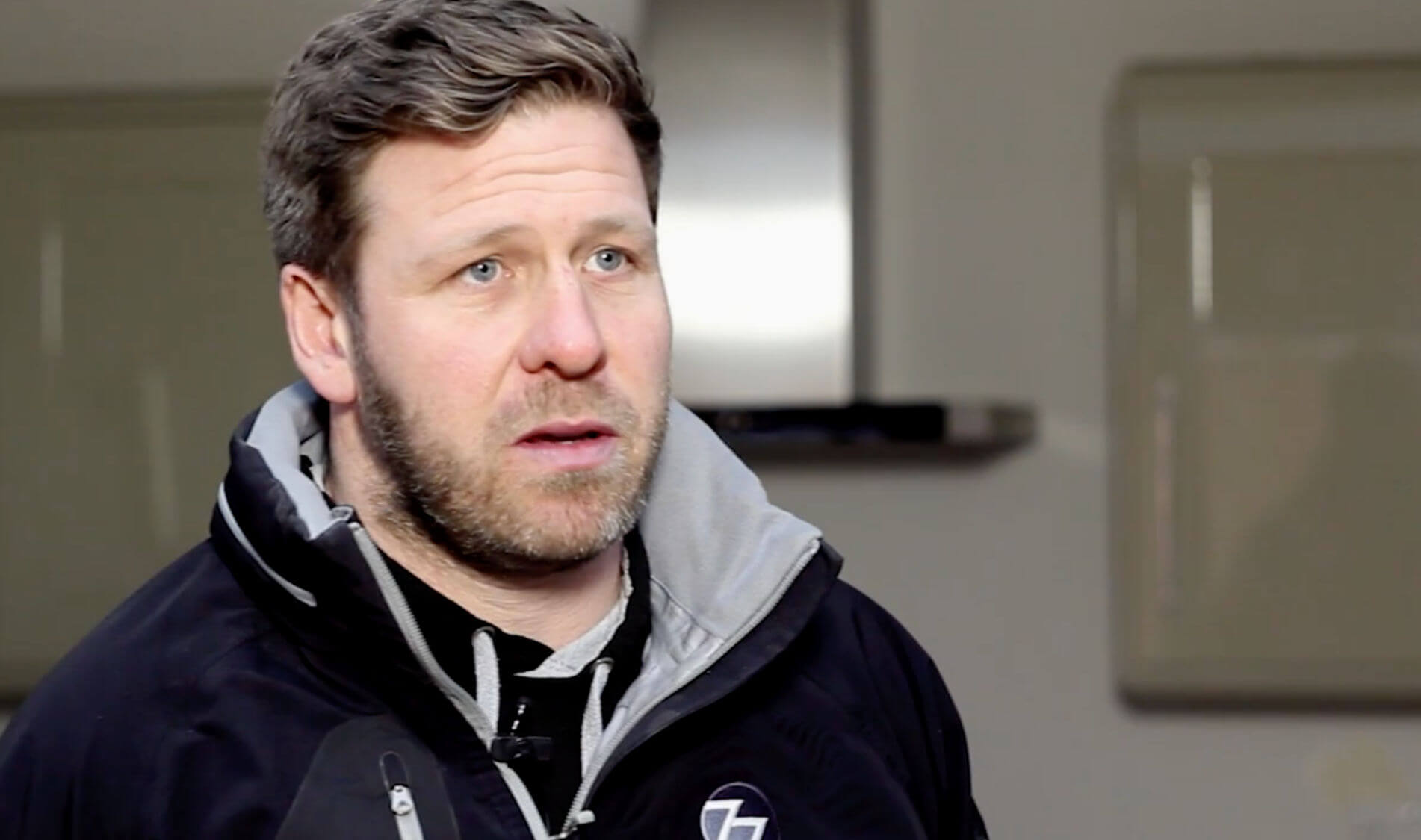For many people, property is seen as a safe investment, especially in South East England where demand is high. With a large population both in and around London, major cities like Brighton, Southampton and Portsmouth, and plenty of commuter towns throughout the area, people always need more places to live and work. Consequently, budding property developers are always looking for their next profitable project.
But what does it take to become a property developer? This guide explains everything you need to know to start a successful project, as well as covering some of the common pitfalls and mistakes made by first-time property developers. .
What is a property developer and what do they do?
Before we get to the how, let’s focus on the what. Put simply, property developers either build new properties or renovate existing ones to sell for profit. The last bit, selling for profit, is what differentiates property developers from people who simply take on a development project for their own use, even though the processes involved are very similar.
Why become a property developer?
Property development can be incredibly profitable. People will always need places to live and work, and well-executed developments in desirable areas in the South East should always command a good price.
What’s more, property development doesn’t need any formal training, qualifications or certifications. However, it does need skills such as:
- Business acumen and analysis
- Financial literacy
- Planning, organisation and management
- Communication
- Risk management
- Technical knowledge
- Fantastic vision, creativity and adaptability
- Patience (lots of it)
So, with that in mind, how do you take your first step into property development?
How to Become a Property Developer
Becoming a property developer is simultaneously simple and complex. On the surface, it’s a case of buying land, building the property and then selling it. But as with many things, the devil is in the details. Property development projects have lots of moving parts and can feel like plate spinning at times, especially during the build phase.
1. Understand the Market and Target Buyer
The ultimate goal of property development is to sell for a profit at the end, so in most cases, everything starts from there. Assuming you have a rough location in mind, you need to understand the type of buyer you want to sell to, and what similar properties to yours are selling for in the local area.
For example, if you are going after the family demographic, developing a 2-4 bedroom house in the suburbs, with a garden and near schools and green spaces etc would be a logical choice. Likewise, if you’re targeting young professionals, developing or converting flats in urban areas with excellent transport links is sensible.
As a general rule, simple projects such as flat conversions, semi-detached and small detached properties are much safer for inexperienced developers to cut their teeth and are easier to sell.
Approaching and building relationships with other property developers, finance providers and estate agents at this point will pay dividends. Estate agents in particular will be able to advise you on what local buyers value so you can cater for their needs. A vital component of your business plan and exit strategy, utilising expert local knowledge can help you avoid costly mistakes and increase your chances of success.
2. Create a Business Plan & Exit Strategy
A comprehensive business plan is vital to the success of the project. Not only is it vital to securing external funding, but it will also serve as the basis of the entire project to keep it on time and budget.
Start with the exit strategy and decide whether you will sell the property (if so, for how much?), rent it out (again, at what price) or move in yourself. From here, you need to consider the following:
- Project Viability: Undertaking a SWOT analysis (Strengths, Weaknesses, Opportunities, Threats) will help you determine this.
- Funding: Will you fund the project yourself or will you need to secure a property development loan, bridging loan or mortgage?
- Selling or Renting: What will your projected returns be?
- Key Stakeholders & Contractors: Who will be involved in the project from architects to project managers, and builders to estate agents?
- Securing the Property or Land
- Development Strategy: What type(s) property are you planning to develop, and how many? What are your timelines?
- Exit Strategy: Who will market and sell/rent the property?

3. Find the Right Property Development Project
In some cases, you may already have the perfect plot of land or development project in mind. But if you don’t, your relationships with builders, estate agents, architects and finance providers can be worth their weight in gold here. They may know of upcoming sales or have insights on future opportunities.
However, there are more traditional ways and resources for identifying and securing a potential development site such as:
- Property and land websites
- Land and brownfield registers
- Property Auctions
- Planning applications and environmental reports
- Local knowledge
- Estate agents, consultants and surveyors
Once you’ve identified a site and determined the cost of acquisition, you can begin budgeting and securing finance.
4. How to Budget & Finance Property Development Projects
Although you will have an idea of your project’s costs from your business plan, detailed budgets and timelines will be needed to secure funding. Your architect will design the build and guide you on the expected budget to deliver it.
However, your choice of materials and the contractors you use can have a significant impact on this. While using premium materials and technology, and working with highly skilled contractors will result in a much better, more sellable property, this investment may not always be reflected in the sale price.
It’s always a balance between quality and profitability. If you’re building a luxury detached home then quality is key, but if you’re targeting the mid and lower end of the market then plan accordingly. When working with first-time property developers, we often find that they over-spec their builds with expensive kitchens and bathrooms that eat into profits.
Property Development Finance Options
Choosing the right financing will depend on your needs, but options include:
- Development Finance: A loan used to fund the purchase and/or building of a project which is repaid at the end through the sale of the property or by securing additional funding.
- Bridging Loan: A short-term loan used to ‘bridge’ the gap between your existing funding and securing more.
- Equity Financing: Funding is provided in exchange for a % of the equity in the completed property. Best suited to experienced developers.
- Secured Loan: A mortgage or loan from a traditional lender that’s usually secured against your existing home.
- Residential Mortgage: Suitable for those who plan to live in the property after completion.
- Self-Funded: You have the cash to hand to fully fund the project.
For more information, refer to our guide First-Time Property Developers in Sussex: A Guide to Funding Your Project. If you need funding for your next project, we’re always eager to work with talented developers, so Contact Us today to find out more.
5. Run a Successful Project Build & Sell
Once plans have been signed off, funding has been secured and planning permission has been obtained, the build can begin. Proper planning will help ensure this process goes as smoothly as possible but expect the unexpected. Things can and do go wrong, and the contingency in your budgeting and timings will be valuable here.
Unfortunately, errors and oversights can be costly to rectify at this stage. However, provided you’ve chosen good, reliable contractors and suppliers, your project should run smoothly.
For novice property developers, engaging with consultants or project managers during the build can be incredibly valuable for guidance and peace of mind. Likewise, keeping estate agents on your side with the build progress can mean getting a head start when it comes to selling.
Tips for First-Time Property Developers
At Hunter Finance, we’ve worked with hundreds of talented developers in the South East, but around 30% of our clients are first-timers. And of the remaining ones, about 65% have completed less than five projects. Even the most experienced developers can make mistakes, but they’re often costly.
In the UK in 2022, it was estimated that 30% of total construction work was rework, and that industry-wide, 7x as much was spent on rectifying errors than the total annual profit. Human error alone counts for around 20% of average project costs.
So what are our top tips for first-time developers?
- Keep the project safe and simple as they’re easier to develop and sell. Start small and work up.
- Have a solid, demonstrable knowledge of the area and property being built.
- Will it sell well in the area?
- Are there similar products on the market?
- Have realistic budget estimates and timelines – we find that things always cost more but take less time than novice developers think.
- Plan for worst-case scenarios rather than best. For example, the average completed property still takes over six months to sell.
- When securing funding, being organised and having major pre-commencement items in place and ready to go, such as a structured schedule of work etc. is essential.
- Ask for help. Everybody has to learn and engaging with experienced developers, financiers and tradespeople will help avoid costly mistakes.
Read More
For more information, we’ve written a range of helpful guides for property developers.
- First-Time Property Developer FAQs
- 5 Key Considerations When Securing Development Finance in the South East
- 5 Common Mistakes Made by First-Time Property Developers
- First-Time Property Developers in Sussex: A Guide to Funding Your Project
- What are the property development regulations in the South Downs and Sussex Conservation Areas?
- Why Southeast England Should Be Your Next Residential Development Project
- 5 Common Mistakes Made With Barn Conversions and How to Avoid Them
- How can incorporating green tech and materials into your property development project increase your profitability?
If you have a potential project in the South East of England then get in touch or apply in principle online for finance with Hunter Finance Ltd. We consider applications from all types of property developers, so apply in principle today for a quick decision.





